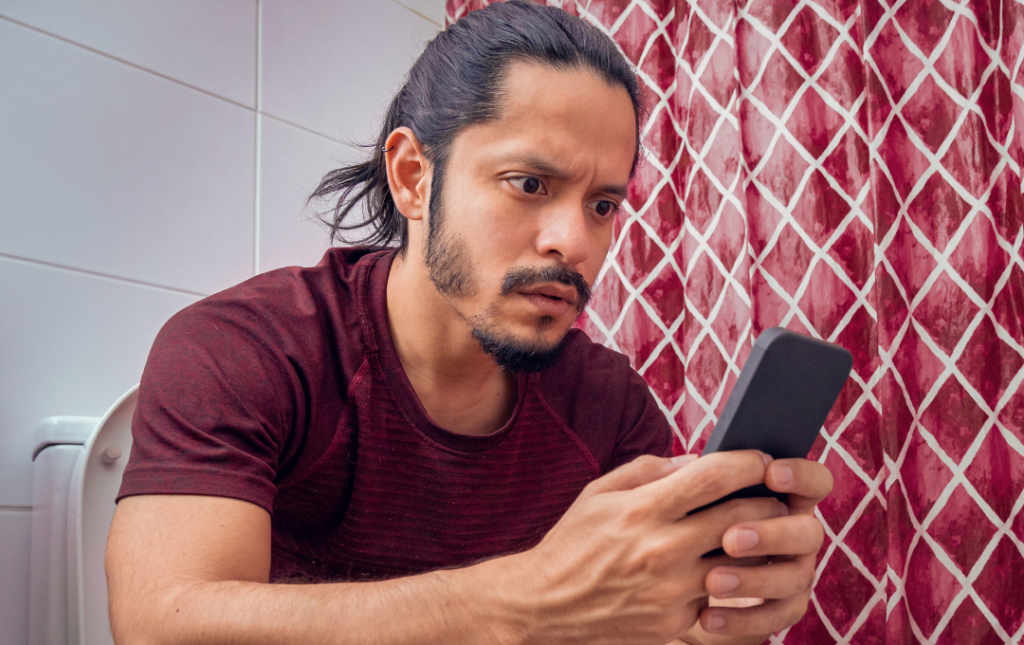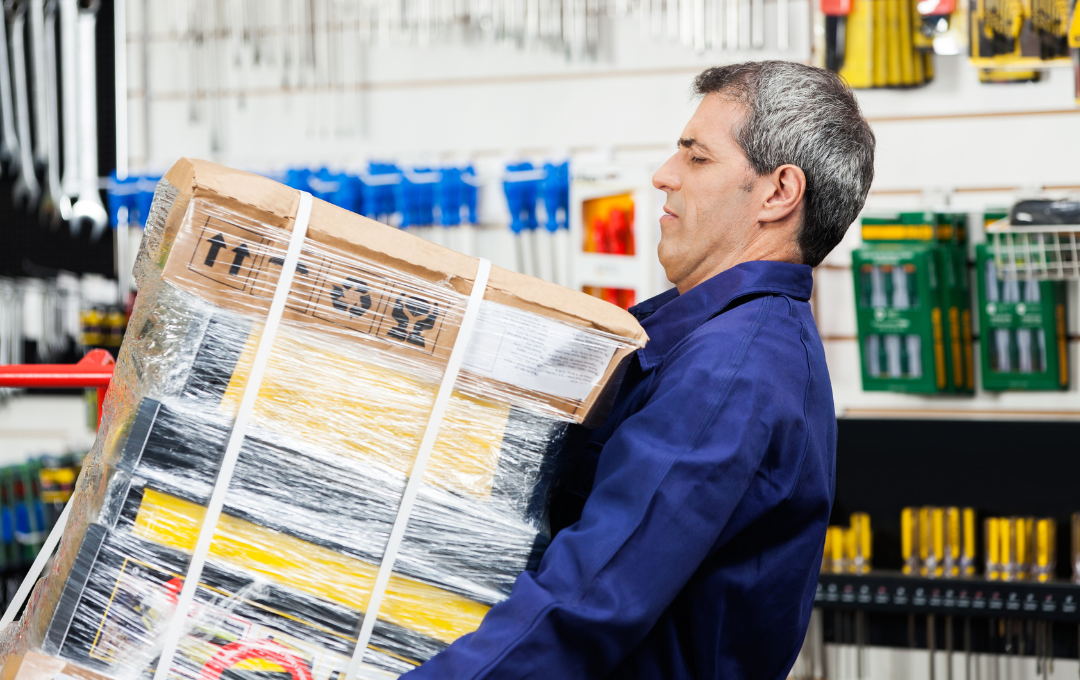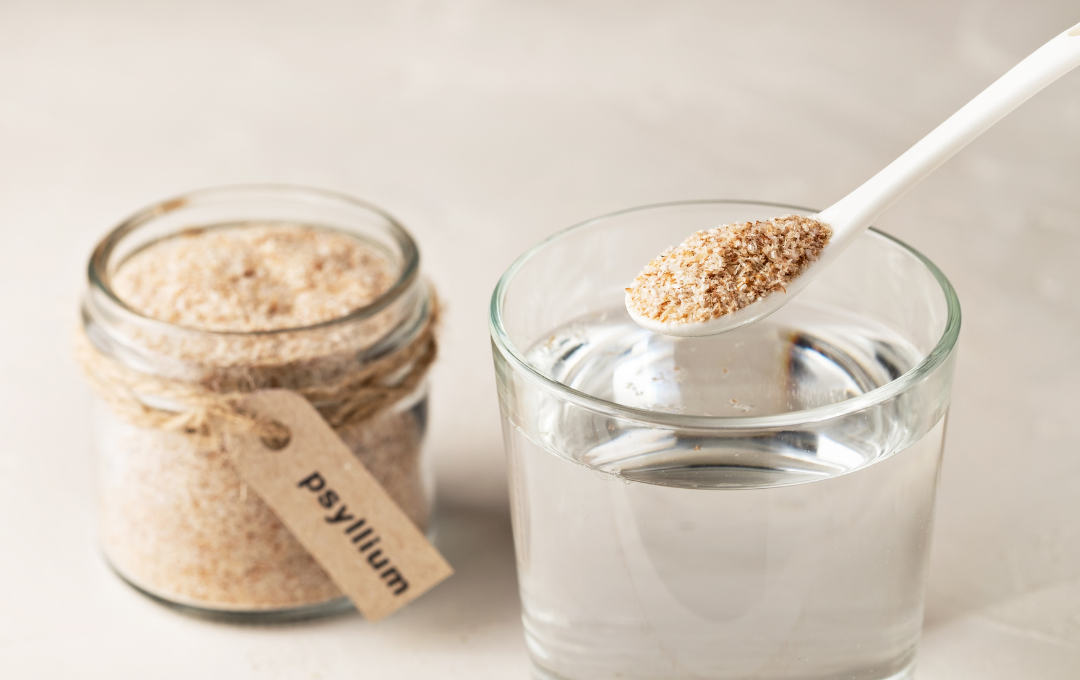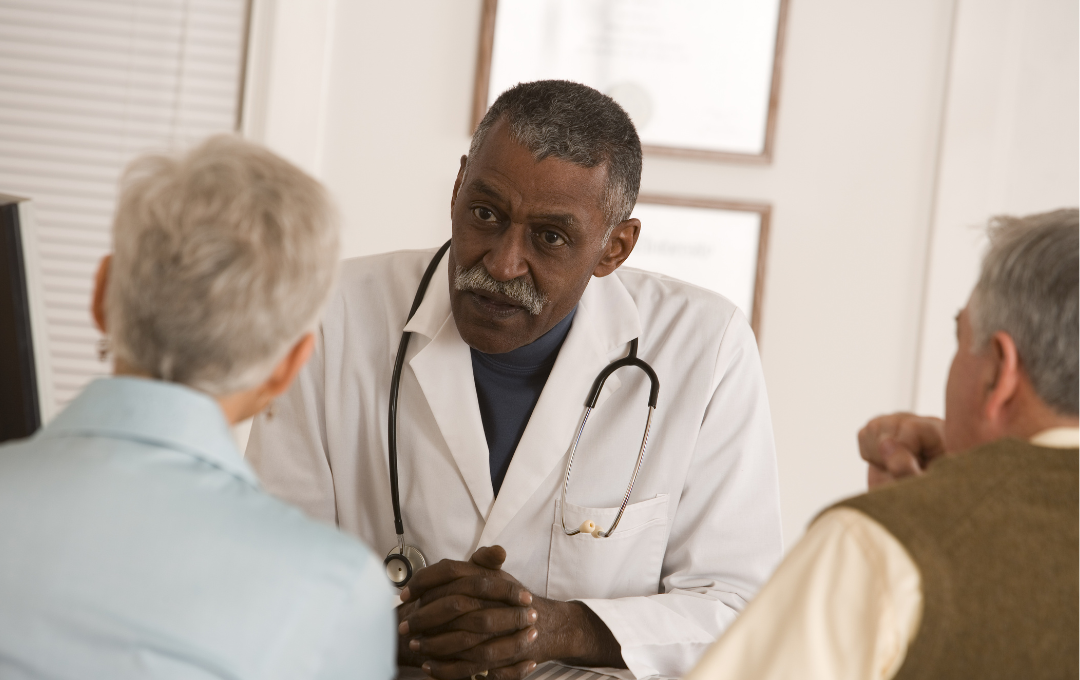
Hemorrhoids are often joked about, but they’re actually a normal part of the body. They are vascular cushions in and around the anus that aid in bowel movements. They maintain continence and prevent stools from leaking. However, hemorrhoids can occasionally flare up and cause uncomfortable symptoms, such as anal bleeding, pain, swelling, and itchiness.
Hemorrhoids can flare up for many reasons, but each risk factor increases pressure on the rectal veins, causing the surrounding tissues to swell and symptoms to appear. While some hemorrhoids are easy to spot externally, they can also flare up inside the anal canal.
Understanding why hemorrhoids flare up is the first step toward managing them. By recognizing the triggers, you can take steps to ease discomfort and prevent future episodes. It should be noted, however, that some hemorrhoids may still need medical treatment to resolve the issue fully.
Here’s a closer look at why hemorrhoids flare up and how you can manage them.

Causes Hemorrhoids Flare-Ups
Hemorrhoids flare up because there’s too much pressure on the rectal veins, which are often worsened by the following contributing factors:
- Straining during bowel movements
- Sedentary lifestyle
- Constipation
- Diarrhea
- Heavy lifting or strenuous exercises
- Pregnancy
Some risk factors cannot be controlled; however, addressing the ones you can manage will help ease the discomfort from flare-ups.

Best Way to Treat Hemorrhoid Flare-Ups and What Not to Do
Many hemorrhoids, especially external hemorrhoids, can be treated through self-care measures. This can include upping your fiber intake, using over-the-counter topical creams, taking sitz baths, and limiting how much time you spend on the toilet.
In addition to these methods, you may want to avoid the following activities that worsen hemorrhoids:
- Eating foods that aggravate hemorrhoids, such as spicy food.
- Engaging in strenuous exercises that add pressure to the rectal veins.
- Over-cleaning the area may exacerbate the underlying inflammation.
In many cases, those with internal hemorrhoids may still experience flare-ups despite taking these precautions.
Other Activities to Avoid with Hemorrhoids
When a Flare-Up Signal a Need for Medical Attention
While most hemorrhoid flare-ups go away on their own, some do not. If your hemorrhoids are resistant to at-home methods and your symptoms continue after a week, you may need medical attention.
If internal hemorrhoids are left untreated, you’re at an increased risk of prolapse. This occurs when the internal hemorrhoid becomes large enough to protrude from the anus. This can be very painful and can become permanent if it’s not addressed.

Hemorrhoid Artery Embolization (HAE): An Advanced, Minimally Invasive Treatment
Hemorrhoid artery embolization (HAE) is a minimally invasive treatment option for persistent or prolapsed hemorrhoids. Instead of making major incisions to remove the hemorrhoidal tissue, an interventional radiologist uses ultrasound-guided imaging to find the arteries supplying blood to the hemorrhoid and block its blood flow, causing the hemorrhoid to shrink and reducing symptoms.
HAE is a minimally invasive alternative to surgery. It requires no incisions, so recovery is typically quicker. It also preserves the hemorrhoidal tissue so that it continues to function normally. For some patients, especially those with conditions that make surgery risky, HAE has provided effective relief from severe hemorrhoid flare-ups.
USA Hemorrhoid Centers’ team of interventional radiologists is experienced in HAE. They use evidence-based data to ensure they provide the best treatment for their patients. Endovascular Today, a renowned medical publication, has even noted that HAE is a safe procedure with effective results. Many people who received HAE still reported relief after a 12-month follow-up.
Find Lasting Relief from Hemorrhoid Flare-Ups at USA Hemorrhoid Centers
Finding the right provider for a hemorrhoid treatment is crucial in finding effective relief. USA Hemorrhoid Centers uses a patient-focused approach to ensure people can not only find relief, but also understand their hemorrhoid flare-ups, from symptoms to risk factors and treatment options.
Most health insurance plans cover hemorrhoid procedures when they are medically necessary, including Medicare and Medicaid. USA Hemorrhoid Centers offer instant insurance verification when people schedule their appointment online or call 855.805.4247 to ensure their consultation and treatment are covered.
You don’t have to live with the pain and discomfort from hemorrhoids that flare up. Schedule an appointment today and start your path toward relief.
Frequently Asked Questions About Hemorrhoid Flare-ups
In most cases, hemorrhoids that flare up can go away on their own with conservative treatment, such as upping fiber intake. However, some hemorrhoids do not react well to conservative treatments and may need medical treatment.
Most hemorrhoids can flare up within a few days to a week. If symptoms last longer than a week, it’s recommended to seek medical attention.
Hemorrhoids can flare up while you’re having a bowel movement because there’s increased pressure on the anal veins. This can be caused by straining during bowel movements or, in some cases, spending too much time on the toilet.
Stress does not directly cause hemorrhoids; however, stress can lead to flare-ups because it can impact bowel movements and worsen hemorrhoid pain and swelling.
